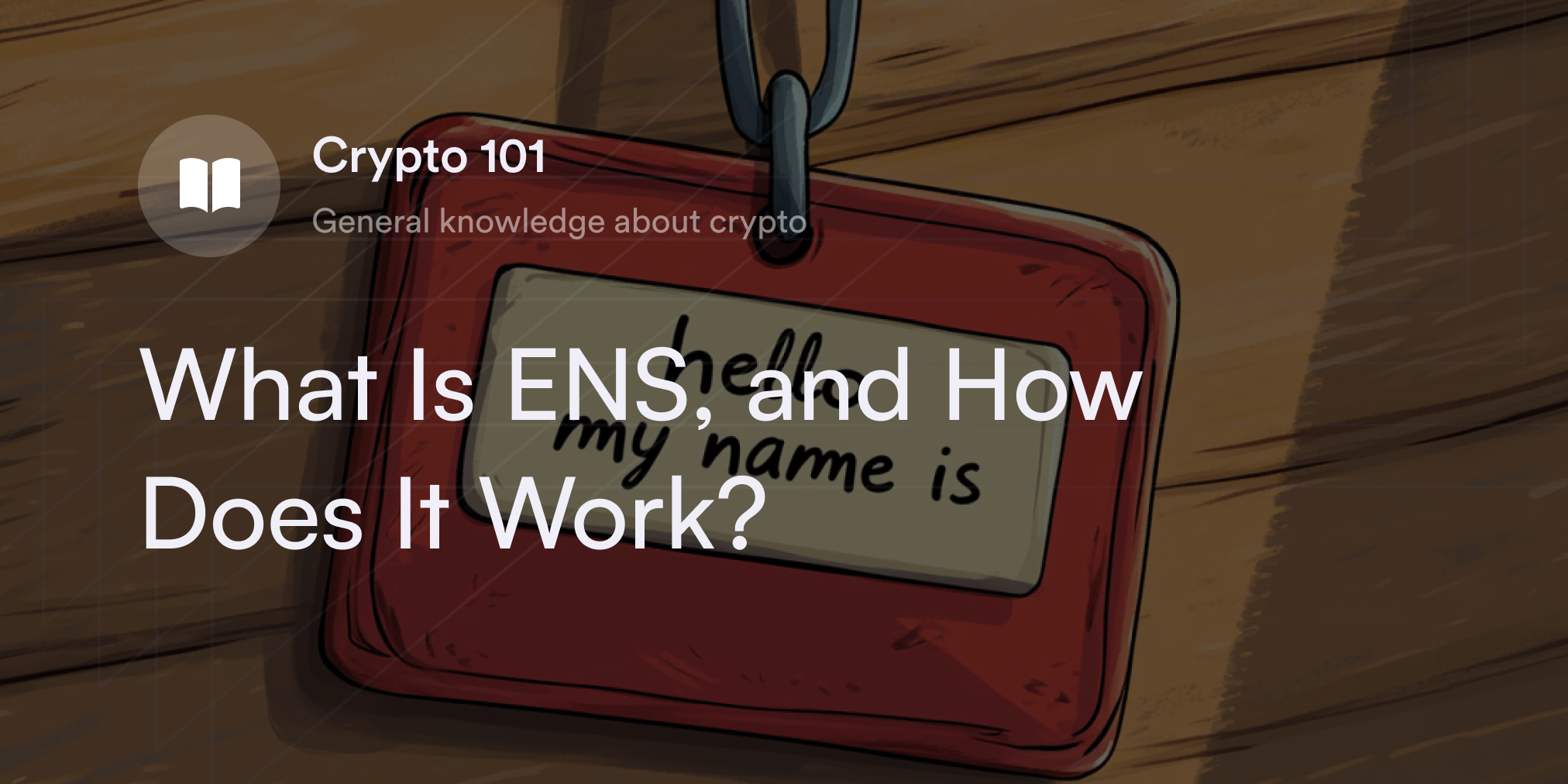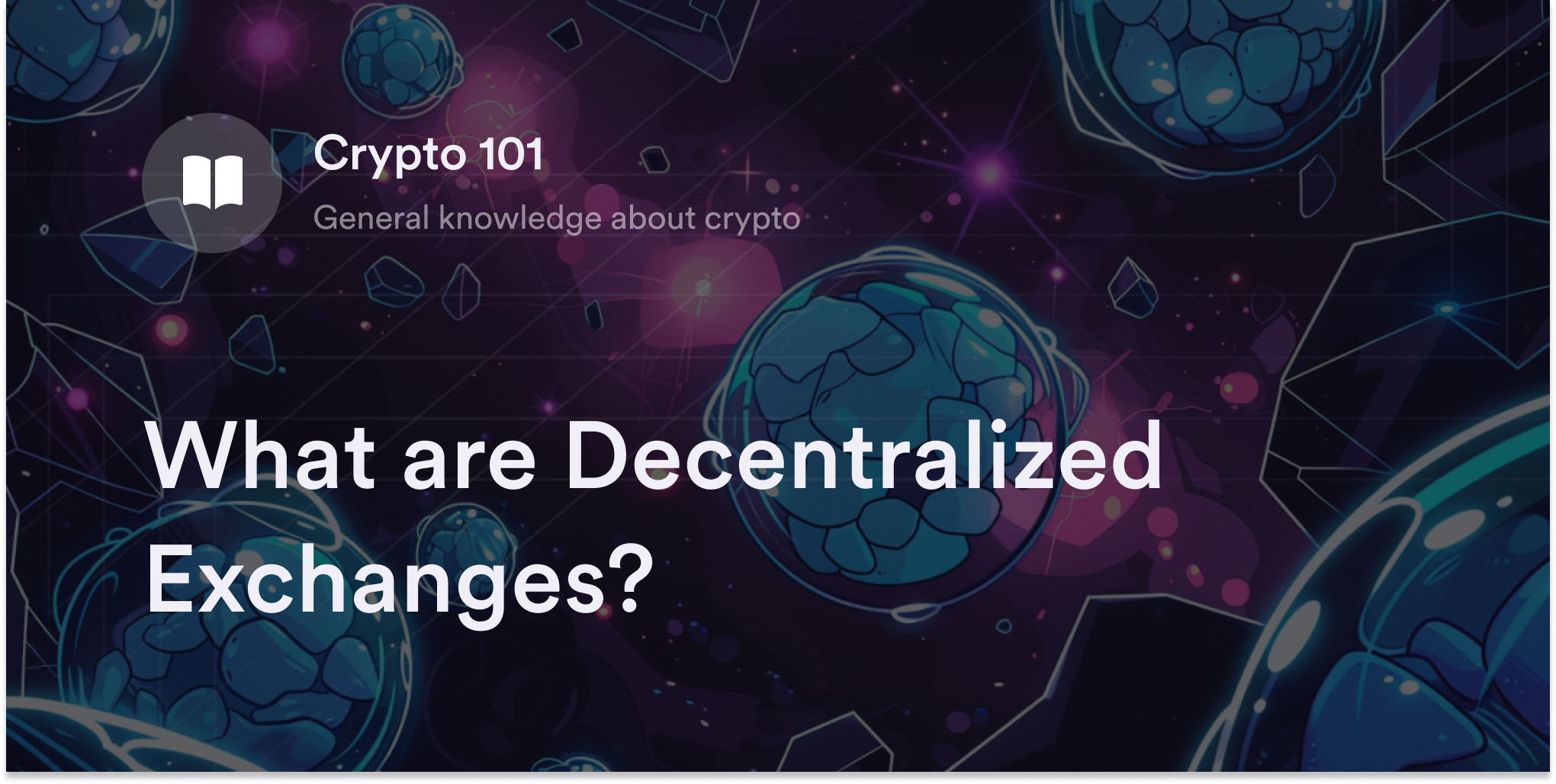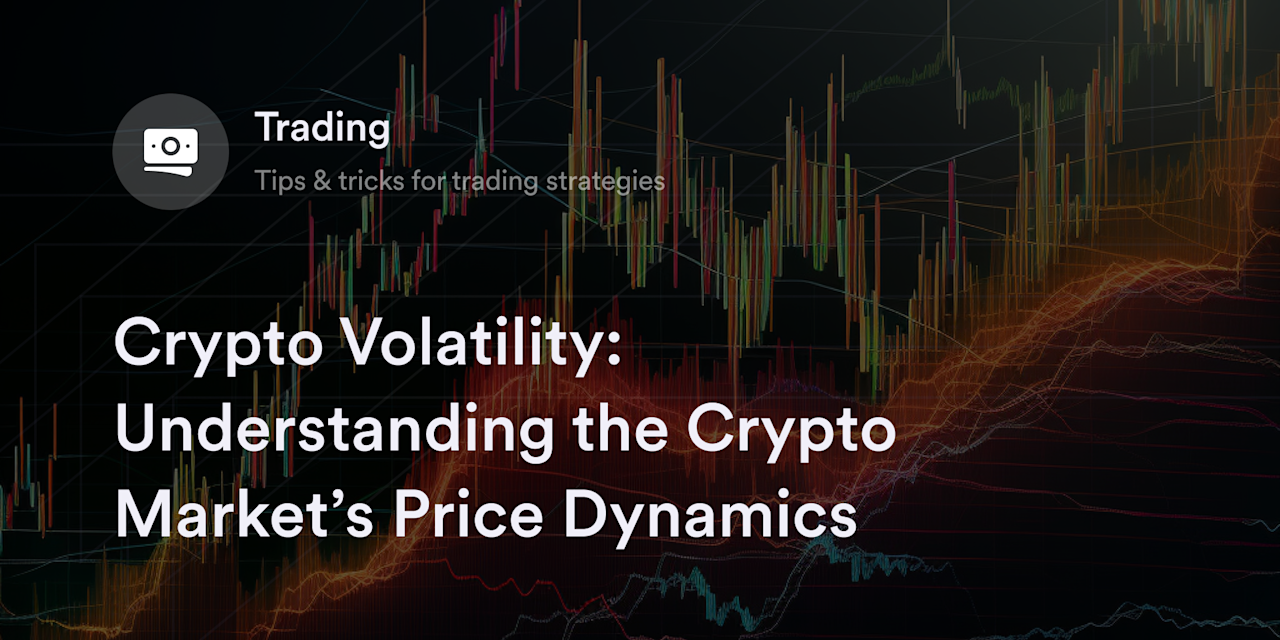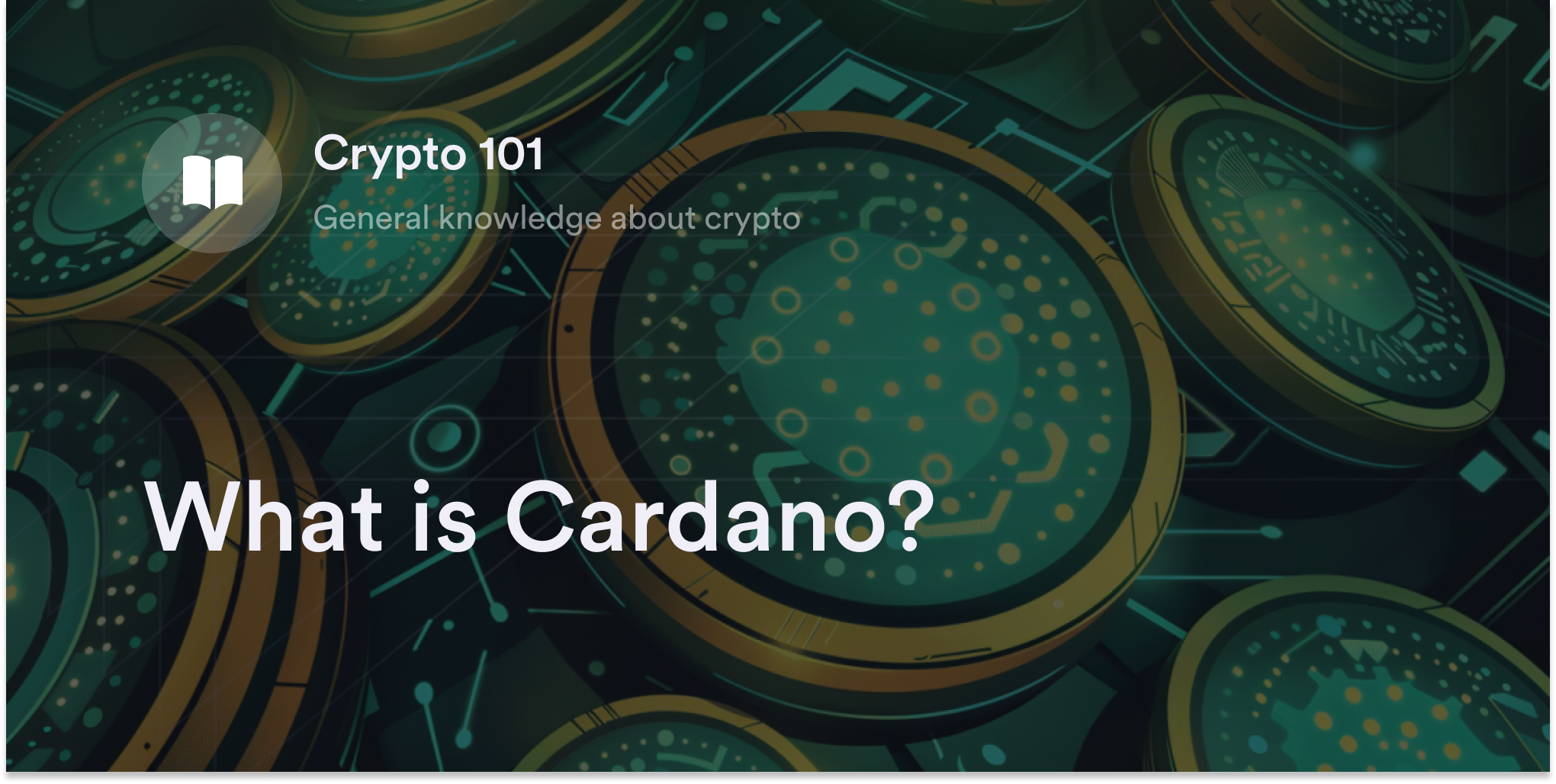


Decentralized exchanges (DEXs) introduced the world to a groundbreaking shift from traditional financial models, marking a pivotal moment in the evolution of digital asset trading. These platforms, purportedly operating autonomously without a central authority, have redefined cryptocurrency transactions. They aim to offer enhanced transparency, security, and direct peer-to-peer (P2P) interactions, embodying the decentralized ethos of blockchain technology.
Among these innovative platforms, Uniswap (UNI) stands out for its unique approach. Built on the Ethereum (ETH) blockchain, Uniswap leverages an automated market maker (AMM) system, which uses algorithms to price assets and facilitate trading by automatically matching buy and sell orders without requiring a traditional market of buyers and sellers.
In this guide, we’ll dive deep into what Uniswap is, how it works, and its purported benefits in decentralized finance (DeFi).
What is Uniswap?
Uniswap is a prominent DEX managed by community governance and employs an innovative AMM system, setting itself apart from traditional crypto exchanges. This means instead of matching buyers and sellers like a regular market, Uniswap has pools of money (aka liquidity pools) that people can trade with. These pools contain different types of digital currencies.
The Uniswap protocol, created by Uniswap Labs, is known for its permissionless and decentralized nature, which means anyone with an Ethereum wallet can access the platform to swap tokens, provide liquidity to pools, or even create new pools for different tokens. This makes trading easier and more accessible because it doesn't require central oversight.
By eliminating intermediaries, Uniswap aims to offer a more trustless environment. As a result, it has become prominent in DeFi, demonstrating the practical and transformative applications of blockchain technology in financial services.
How does Uniswap work?
Uniswap operates using an AMM model that facilitates trades via liquidity pools containing pairs of tokens, such as ETH and other ERC-20 tokens. Traders who add their tokens to these pools are called liquidity providers (LPs). LPs provide the necessary liquidity to facilitate trades and earn fees in return.
When users swap tokens on Uniswap, they aren’t directly trading with another person. Instead, they trade with the pool. Traders put one type of token in and get another out. The prices of these tokens are determined by how much of each token is in the pool. The rewards for LPs vary per liquidity pool based on the volatility of the asset pools and are paid for by traders.
Uniswap’s constant product formula
The Uniswap protocol uses a special formula to determine the prices of tokens in a pool. This is called the constant product formula, which is x×y=k.
Here, x and y represent the quantity of the two different tokens in the liquidity pool, and k is a constant value. This formula ensures the total value remains balanced, even as trades occur. As one token is removed from the pool in exchange for another, the prices adjust automatically based on the formula, maintaining the balance.
Advantages of Uniswap
Uniswap offers several advantages that distinguish it from traditional cryptocurrency exchanges. These benefits stem from its unique operational model, leveraging the principles of DeFi. Here are some key advantages of using Uniswap:
Decentralized nature: As Uniswap operates without a central authority, it aims to reduce censorship risk and offer an open and accessible platform.
Ease of use: Uniswap's interface aims to be user-friendly, making it relatively easy for beginners to navigate and trade cryptocurrencies. This accessibility is crucial in the often complex world of crypto trading.
Improved security: By using smart contracts, which are self-executing contracts with agreement terms directly written into lines of code, Uniswap aims to reduce the risks associated with central points of failure, like those seen in CEXs.
Automated pricing mechanism: The AMM model provides a unique and efficient way to determine the prices of assets, including the Uniswap coin, aiming to reduce the problems of low liquidity and price manipulation often found in traditional markets.
Increased transparency: Transactions on Uniswap are fully transparent and recorded on the blockchain, providing visibility in the process.
How to use Uniswap
Uniswap offers a variety of ways for traders to engage with the cryptocurrency market, each catering to different strategies and goals. Whether looking to make direct trades, earn passive income, or explore more advanced investment tactics, Uniswap provides a platform that aims to accommodate a range of activities.
Here are a few key ways to use Uniswap:
Token swapping: Traders primarily use Uniswap to exchange one type of ERC-20 token for another.
Providing liquidity and earning fees: Users can contribute their tokens to the platform's liquidity pools. This action supports the market's functionality and, in exchange, traders earn a portion of the transaction fees.
Participating in yield farming: For those looking into more advanced strategies, yield farming involves providing liquidity to earn additional rewards, which can include extra tokens or higher returns.
Note: To interact with Uniswap, users must connect their Ethereum crypto wallet to the platform, which supports various other wallets––including Metamask, Coinbase Wallet, and WalletConnect. The protocol also has its own wallet called the Uniswap wallet, which enables token swapping with multiple chains directly in the wallet.
What is the future of Uniswap?
Looking toward the future, Uniswap is poised for further innovations that could significantly shape its trajectory. Anticipated upgrades to the platform may include enhancements in scalability and efficiency, particularly as the broader Ethereum ecosystem evolves.
Uniswap's community, actively involved in its governance, could propel new features or integrations, potentially expanding its reach beyond the Ethereum blockchain. These advancements, coupled with the dynamics of DeFi, suggest a vibrant future for Uniswap, potentially setting new standards in decentralized trading and liquidity provision.
As DeFi matures, Uniswap's role in fostering an accessible and inclusive financial ecosystem will likely grow, aligning with the overarching trends toward more democratized financial systems.
Learn more about crypto with dYdX Academy
dYdX Academy, our in-house educational hub, allows anyone interested in the cryptocurrency world to learn more about Web3, DeFi, and all things crypto. For eligible traders looking to swap their tokens, dYdX’s premier decentralized exchange, with its intuitive interface, facilitates a smooth experience. Head to our official blog for more information on dYdX and our products, and eligible traders can start trading on dYdX today.
Disclosures
The content of this article (the “Article”) is provided for general informational purposes only. Reference to any specific strategy, technique, product, service, or entity does not constitute an endorsement or recommendation by dYdX Trading Inc., or any affiliate, agent, or representative thereof (“dYdX”). Use of strategies, techniques, products or services referenced in this Article may involve material risks, including the risk of financial losses arising from the volatility, operational loss, or nonconsensual liquidation of digital assets. The content of this Article does not constitute, and should not be considered, construed, or relied upon as, financial advice, legal advice, tax advice, investment advice, or advice of any other nature; and the content of this Article is not an offer, solicitation or call to action to make any investment, or purchase any crypto asset, of any kind. dYdX makes no representation, assurance or guarantee as to the accuracy, completeness, timeliness, suitability, or validity of any information in this Article or any third-party website that may be linked to it. You are solely responsible for conducting independent research, performing due diligence, and/or seeking advice from a professional advisor prior to taking any financial, tax, legal, or investment action.
You may only use the dYdX Services in compliance with the dYdX Terms of Use available here, including the geographic restrictions therein.
Any applicable sponsorship in connection with this Article will be disclosed, and any reference to a sponsor in this Article is for disclosure purposes, or informational in nature, and in any event is not a call to action to make an investment, acquire a service or product, or purchase crypto assets. This Article does not offer the purchase or sale of any financial instruments or related services.
By accessing this Article and taking any action in connection with the information contained in this Article, you agree that dYdX is not responsible, directly or indirectly, for any errors, omissions, or delays related to this Article, or any damage, injury, or loss incurred in connection with use of or reliance on the content of this Article, including any specific strategy, technique, product, service, or entity that may be referenced in the Article.







